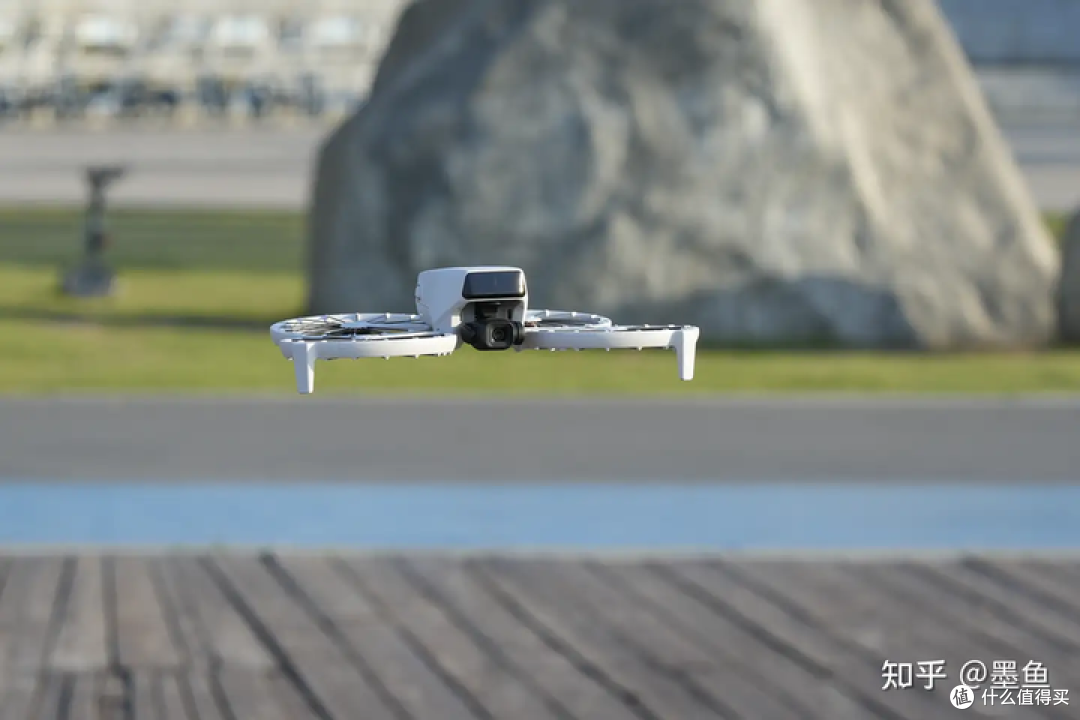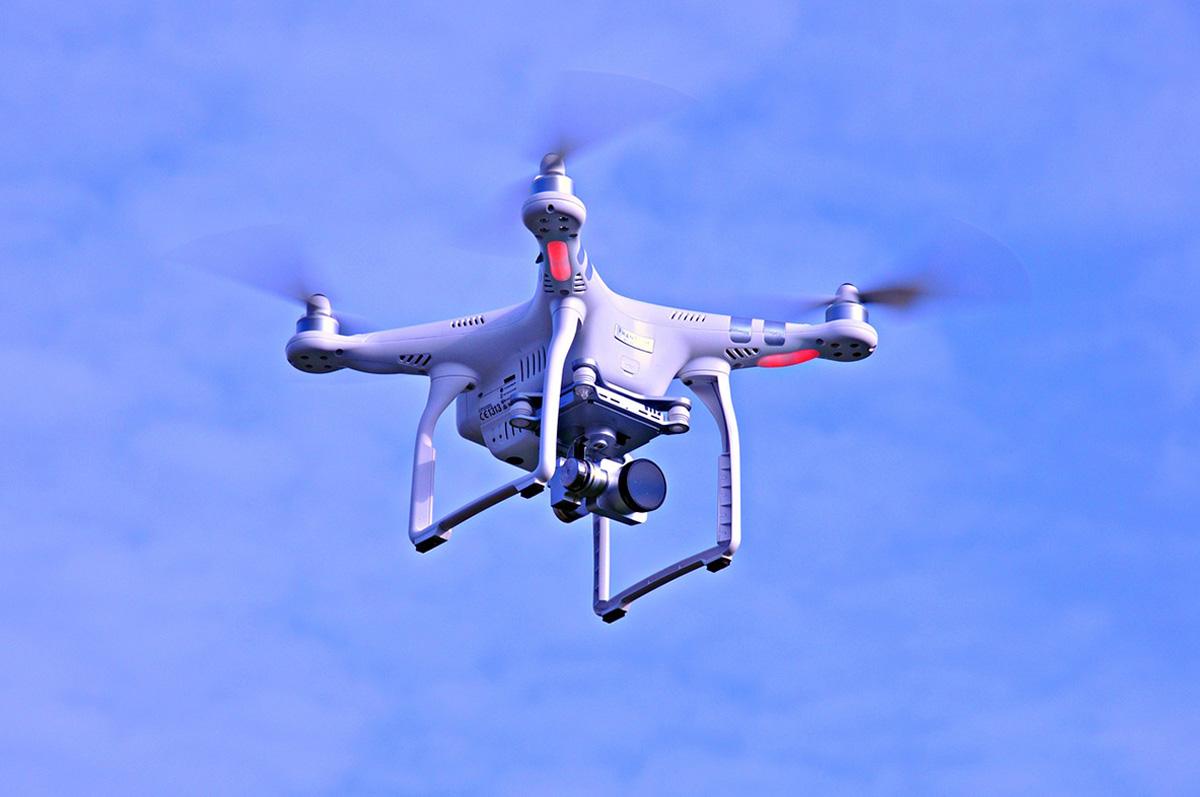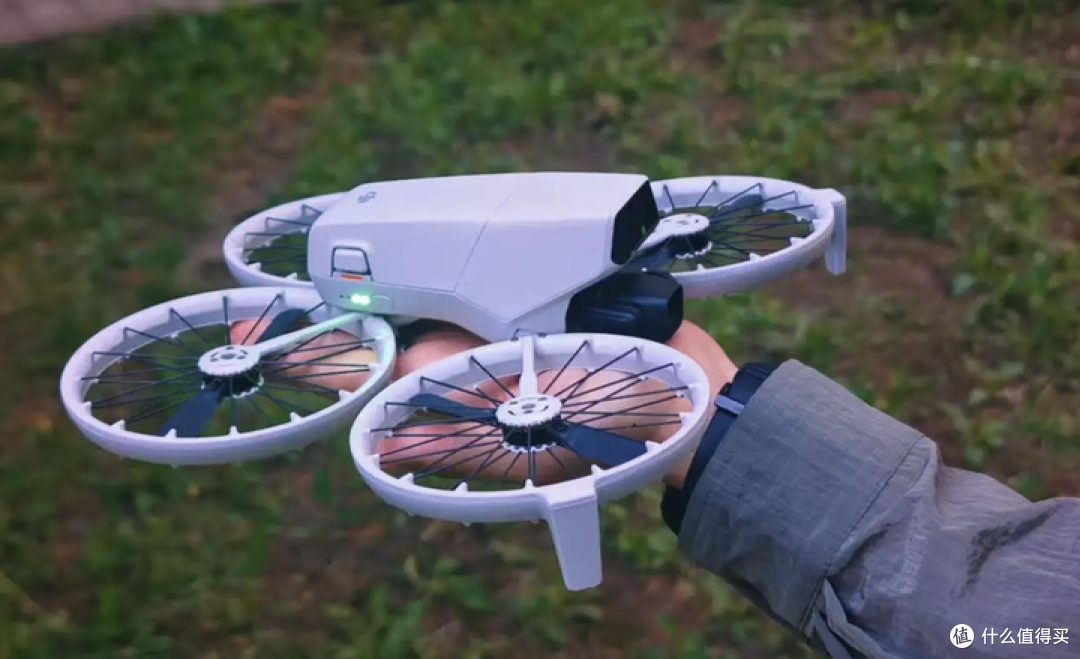In recent years, the drone carrier concept has gained significant traction across various industries, revolutionizing traditional operations and introducing new efficiencies. As businesses adopt this technology, it’s crucial to explore how drone carriers can be innovatively applied to meet and exceed the unique needs of modern industries.
Enhancing Logistics and Delivery
One of the most compelling uses of a drone carrier is in logistics and delivery services. The ability to deploy a fleet of drones from a single carrier offers immense benefits, especially in reaching remote or urban areas where traffic congestion or inaccessible terrains pose challenges. Companies like Amazon and UPS have already begun experimenting with drone delivery services that highlight the potential of using carriers to streamline delivery processes, reduce costs, and increase speed and reliability.
Boosting Agricultural Productivity
In agriculture, drone carriers offer a transformative approach to managing large expanses of farmland. With carriers capable of deploying multiple drones simultaneously, farmers can efficiently monitor crop health, distribute fertilizers, or even perform precision planting. This technological advancement minimizes the need for human labor, reduces error rates, and vastly improves the overall yield and health of crops.
Surveillance and Security
Security agencies and private firms are increasingly utilizing drone carriers to enhance surveillance and ensure safety across vast areas such as borders, event venues, or large industrial sites. The rapid deployment and high maneuverability of drones provide near-instantaneous aerial views, making it easier to detect threats or respond to incidents in real-time. This ability to cover areas swiftly and comprehensively makes drone carriers indispensable in modern security protocols.
Environmental Monitoring
With growing concerns about climate change and environmental conservation, drone carriers have emerged as a potent tool for environmental monitoring. By launching several drones at once, carriers can perform detailed surveys of ecosystems, track wildlife movements, or assess environmental damages after natural disasters. The detailed data gathered from these missions aids in formulating effective conservation strategies and policy decisions.
Revolutionizing Film and Photography

In the creative industry, particularly in film and photography, drone carriers offer a new dimension to aerial cinematography and photography. By deploying multiple drones with different camera setups, filmmakers can capture complex scenes that were previously impossible or prohibitively expensive. This capability allows for creative freedom and innovation in visual storytelling.
What truly sets drone carriers apart is their versatility and the efficiencies introduced in operations across different sectors.
Future Prospects and Challenges

As drone carrier technology evolves, its future applications seem boundless. From disaster relief operations to urban infrastructure inspections, the possibilities are vast. However, this technology also faces certain challenges, including regulatory hurdles, public privacy concerns, and the need for skilled operators to manage complex systems efficiently.
FAQs

Q1: How can drone carriers improve efficiency in industries?
A1: Drone carriers can enhance efficiency by providing rapid deployment capabilities, reducing human labor, and enabling precise operations, especially in logistical, agricultural, and surveillance applications.
Q2: What industries benefit the most from drone carriers?
A2: Industries such as logistics, agriculture, security, environmental monitoring, and film production see significant benefits from adopting drone carriers, enabling better services and cost reductions.
Q3: What are the main challenges facing the implementation of drone carriers?
A3: The main challenges include regulatory compliance, protecting public privacy, and the need for trained personnel to manage and operate the systems effectively.
